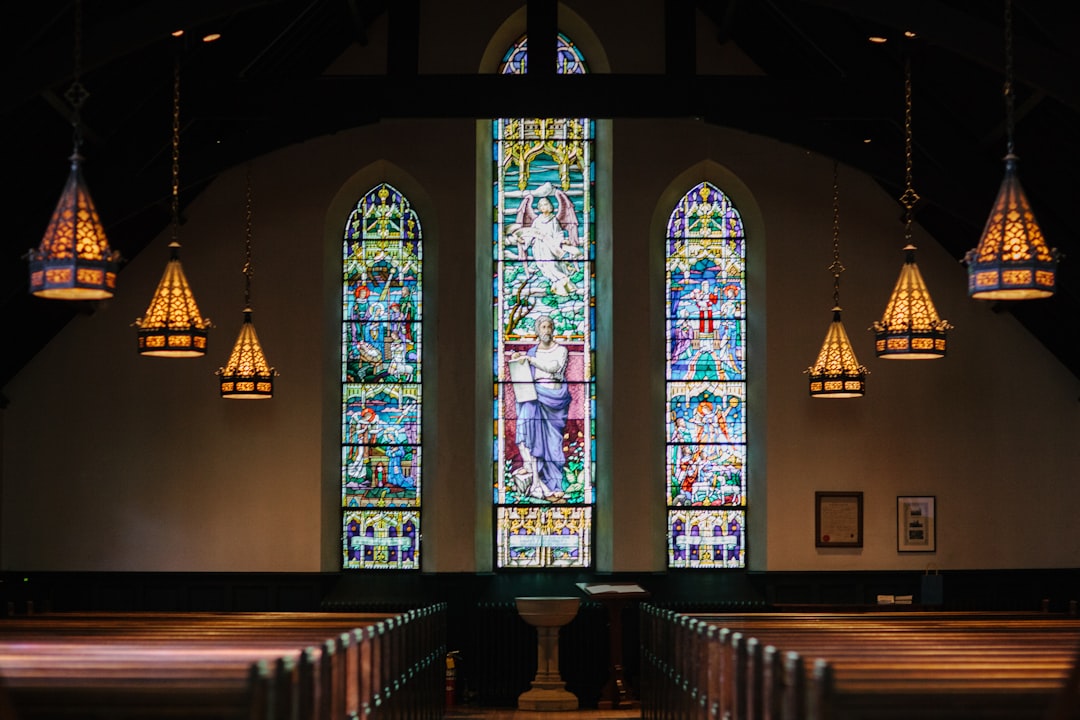Clergy abuse lawyers in Dallas TX play a vital role in addressing complex legal issues stemming from emotional, physical, sexual, and financial exploitation by religious leaders. They empower victims to come forward, provide expert guidance on state and federal laws, and bridge the gap between legal proceedings and emotional healing. These specialists offer crucial support, navigate the system, help clients assert their rights, and secure compensation, ensuring victims feel heard, supported, and empowered throughout their journey towards justice and restitution.
In Dallas, Texas, the impact of clerical abuse is a profound issue that demands attentive legal advocacy. Understanding Clerical Abuse in Dallas: A Legal Perspective delves into the complexities of this sensitive topic. The article explores how compassionate legal advocates play a pivotal role in support systems for victims. Finding Justice: Legal Options for Victims in Texas highlights the available legal avenues and rights for survivors seeking redress as clergy abuse lawyers in Dallas, TX.
Understanding Clerical Abuse in Dallas: A Legal Perspective

In Dallas, clerical abuse refers to a range of harmful behaviors by religious leaders or officials within houses of worship, including emotional, physical, sexual, and financial exploitation. This issue often involves power imbalances that make victims hesitant to speak out, creating a complex legal landscape for clergy abuse lawyers in Dallas TX. Understanding the nuances of these cases is crucial for ensuring justice and healing for affected individuals.
Clergy abuse lawyers in Dallas TX play a vital role in navigating this sensitive area of law. They must possess a deep understanding not only of state and federal laws regarding sexual harassment, assault, and misuse of funds but also of the unique dynamics specific to religious communities. These attorneys help victims come forward, gather evidence, and advocate for their rights while considering the spiritual and emotional well-being of their clients.
The Role of Compassionate Advocacy in Support Systems

Compassionate advocacy plays a pivotal role in support systems for victims of clergy abuse, offering a unique and essential perspective in the legal realm. In cases involving sensitive matters within religious institutions, a compassionate legal advocate ensures that the victim’s experiences are not only legally represented but also humanely understood. These advocates serve as a bridge between the legal process and the emotional journey of healing, providing a safe space for victims to share their stories. By employing empathy and understanding, they create an environment where clients feel heard and supported throughout the legal proceedings, which can be both empowering and therapeutic.
In Dallas, TX, where clergy abuse lawyers specialize in these complex cases, compassionate advocacy is not just a service but a commitment. It involves not only fighting for justice and accountability but also ensuring that victims have access to the resources they need to rebuild their lives. This holistic approach fosters trust between clients and legal representatives, encouraging open communication, which is crucial in presenting compelling evidence and achieving positive outcomes.
Finding Justice: Legal Options for Victims in Texas

For victims of clergy abuse in Dallas, TX, finding justice can be a complex and challenging journey. The first step is to understand the legal options available. Many states have specific laws addressing sexual misconduct within religious organizations, including the Catholic Church. In Texas, victims may pursue civil lawsuits against their abusers and the institutions that enabled or protected them.
Clergy abuse lawyers in Dallas TX specialize in these cases, providing vital support and expertise. They help victims navigate the legal system, understand their rights, and seek compensation for the trauma they have endured. Through careful documentation, expert testimony, and a deep understanding of the law, these attorneys work tirelessly to ensure that justice is served and that victims receive the restitution they deserve.





